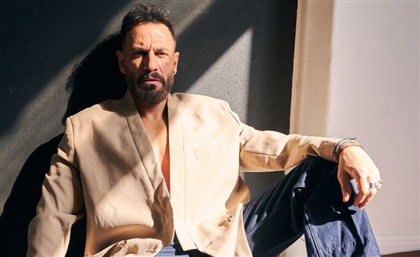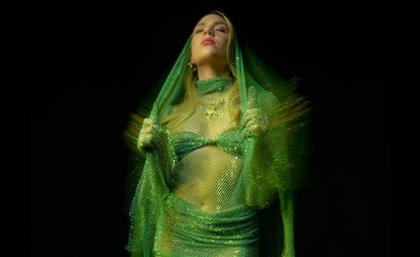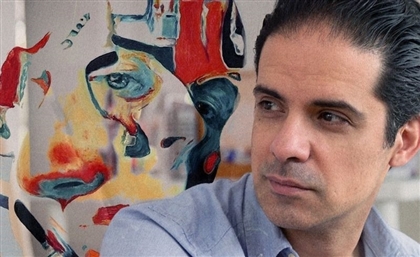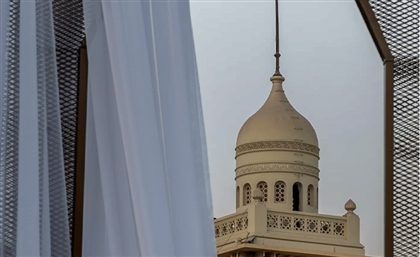Tawsen is Standing on Business
In this candid conversation, Belgian-Moroccan artist Tawsen talks identity, language, resisting the industry's number game, and the story of his new album.
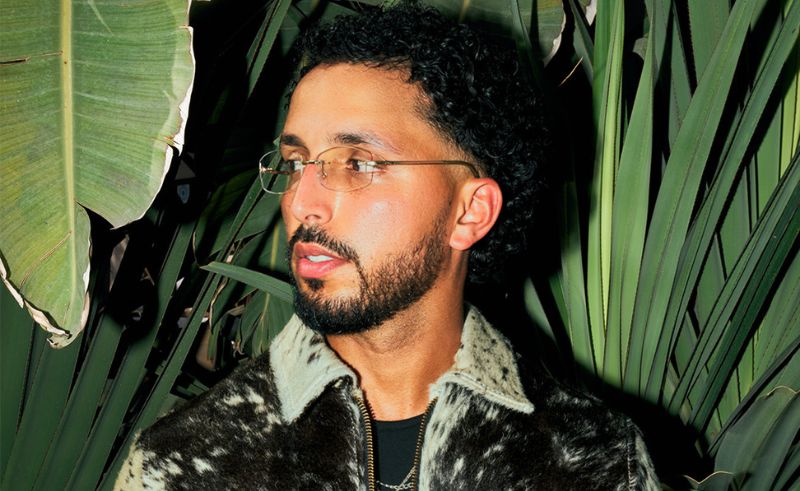
It was just another random afternoon when Tawsen strolled into the garden of our office in Maadi. He carried a casual, je-ne-sais-quoi charm with that kind of easy disposition you only find in someone who knows he doesn’t fit neatly into a box, and has no intent in trying.
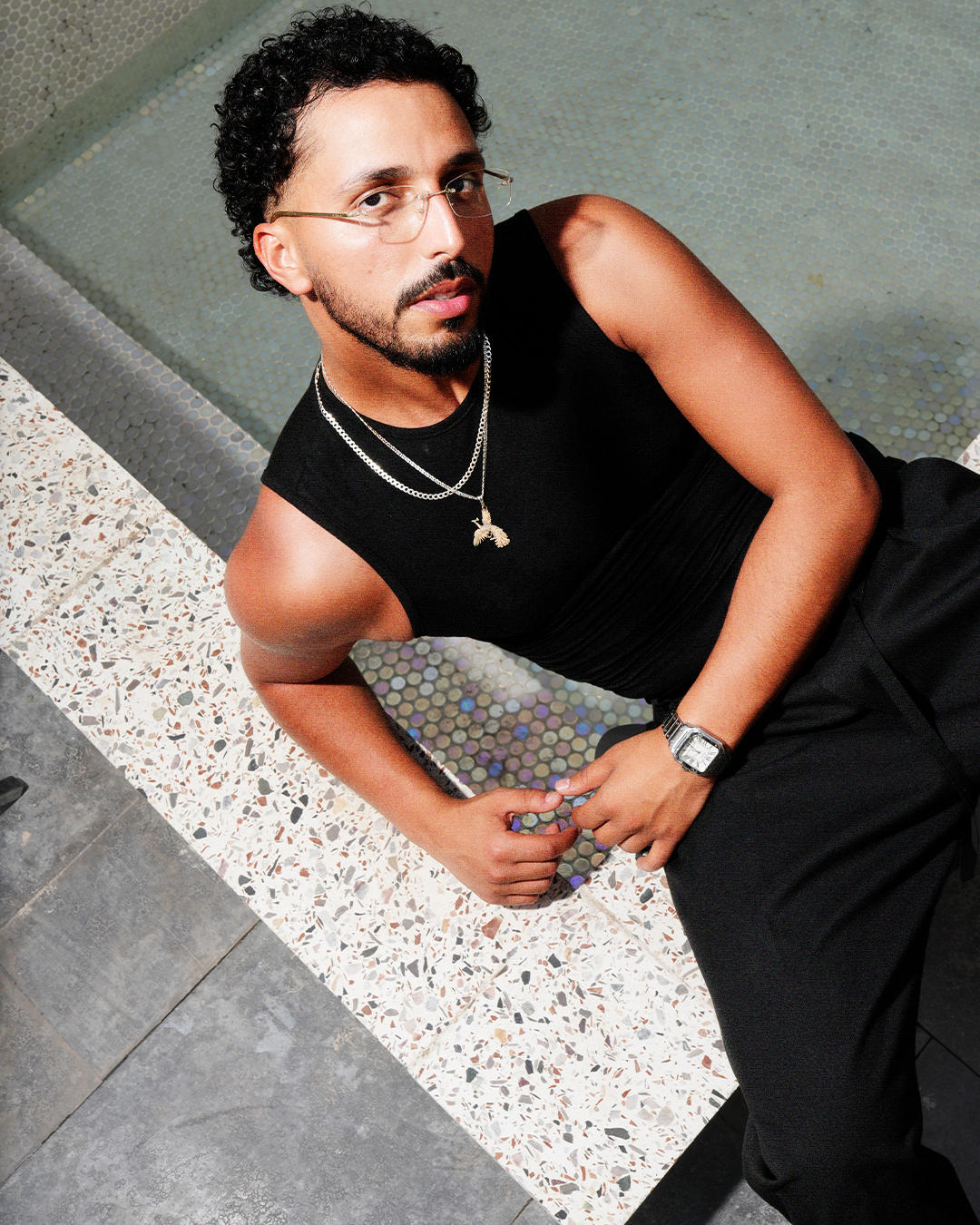
Born in Italy to Moroccan parents and raised in Belgium, Tawsen has built a career out of moving fluidly between cultures, languages and genres. His music is a Mediterranean patchwork, stitching together various styles from shaabi, soul, pop, rap and R&B, in one cohesive sonic palette that is distinctly his own. Early in our conversation, when asked about language, he quietly leaned back in his chair and smirked before listing off: “Arabic, Italian, Darija, Spanish, Dutch, and English.”, waiting a beat before delivering a dad-joke-like punchline, “You know Duolingo? I created it.” For all its worth, it’s a throwaway joke, but it captured something essential about his artistic identity.
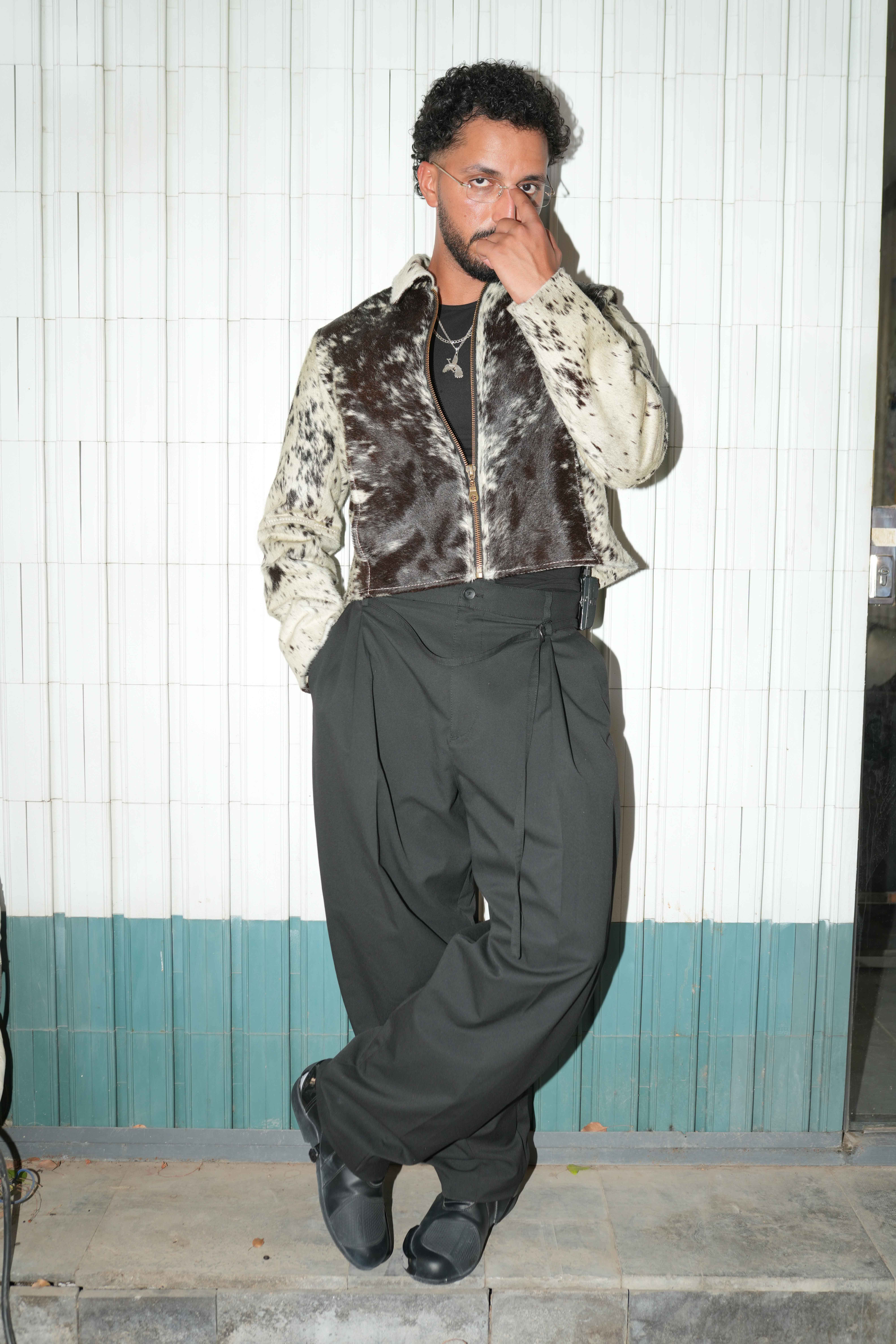
He can sing with the flirty phrasing of a French chansonnier, slip into rai textures, then snap back into R&B runs in English or Darija, all in the same breath. But he doesn’t see this as genre-hopping. For him, these shifts are a natural extension of life lived in the in-between. Part of his appeal is his ability to talk about his craft with both seriousness and disarming wit. He can somehow unpack his personal philosophy in layered metaphors, then shrug it off with a self-deprecating quip, the same way his songs flirt between sharp reflection and swagger. Yet for all his range, he doesn’t present himself as a revolutionary or inventive. He’s not trying to be the Arab world’s next superstar. But rather, he is in it for the feeling of personal fulfilment that comes with self-expression, and giving a voice to the in-betweeners and third-culture kids like himself. For him, “music became the one place, the one place where it all made sense”.
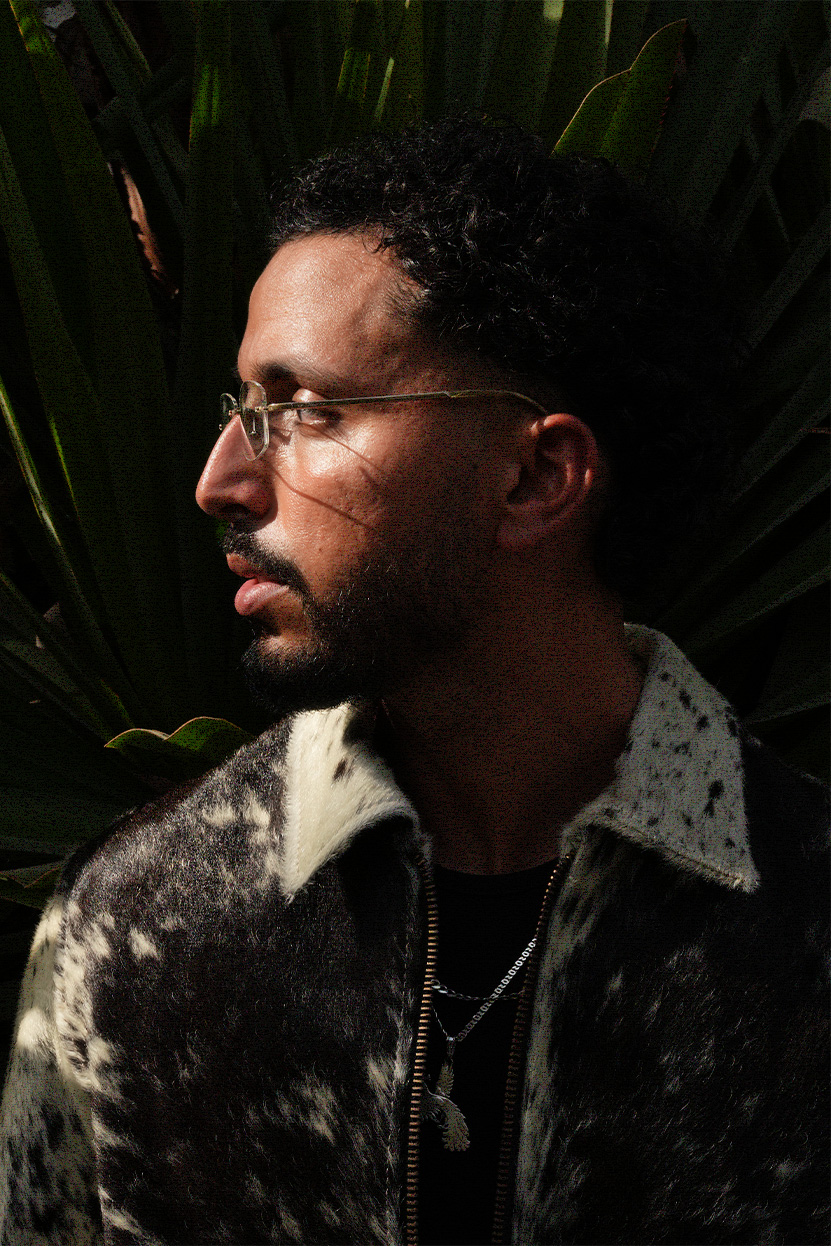
In school, he was that kid humming Adele ballads and Kelly Clarkson hooks during recesses, to the point when his classmates finally snapped. “They were like, yeah, bro, you love to just sing Adele songs..let’s go do this behind a microphone,” he recalls, laughing.
But what first started as a dare unintentionally grew into a full-fledged career. In the studio, he first wrote in French, until one day he realised a lyric simply had to come out in Arabic. That impulse gave birth to Babour, his breakout track, and his first step into Arabic and Moroccan music. It cemented his status in the region’s scene and helped him realize that belonging nowhere completely could become his artistic anchor.
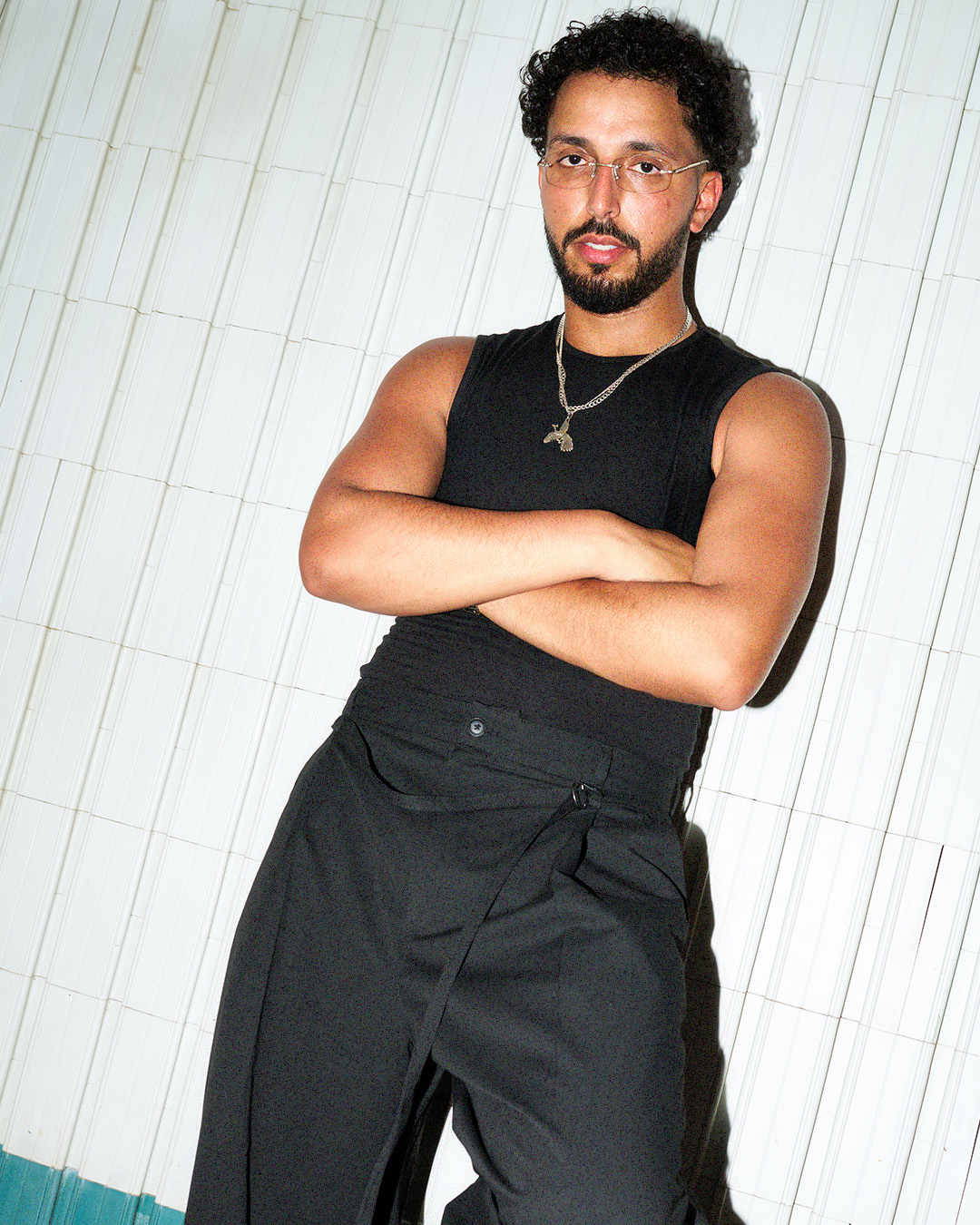
“As an artist, you always need to bring something new, something different than what’s already coming out,” he says. “For me, it was language.” But that difference was never about novelty or nostalgia for him. His family had left Italy after facing racism, only to encounter new forms of prejudice in Belgium. Instead of hiding that weight, he rebranded and reclaimed it, naming his identity ‘New Arab’, a phrase that acknowledges how he, as a kid from a third-culture generation, is seen. That very self-proclaimed identity and his penchant for adapting to any kind of genre and language quickly positioned him as a regular fixture on European charts.
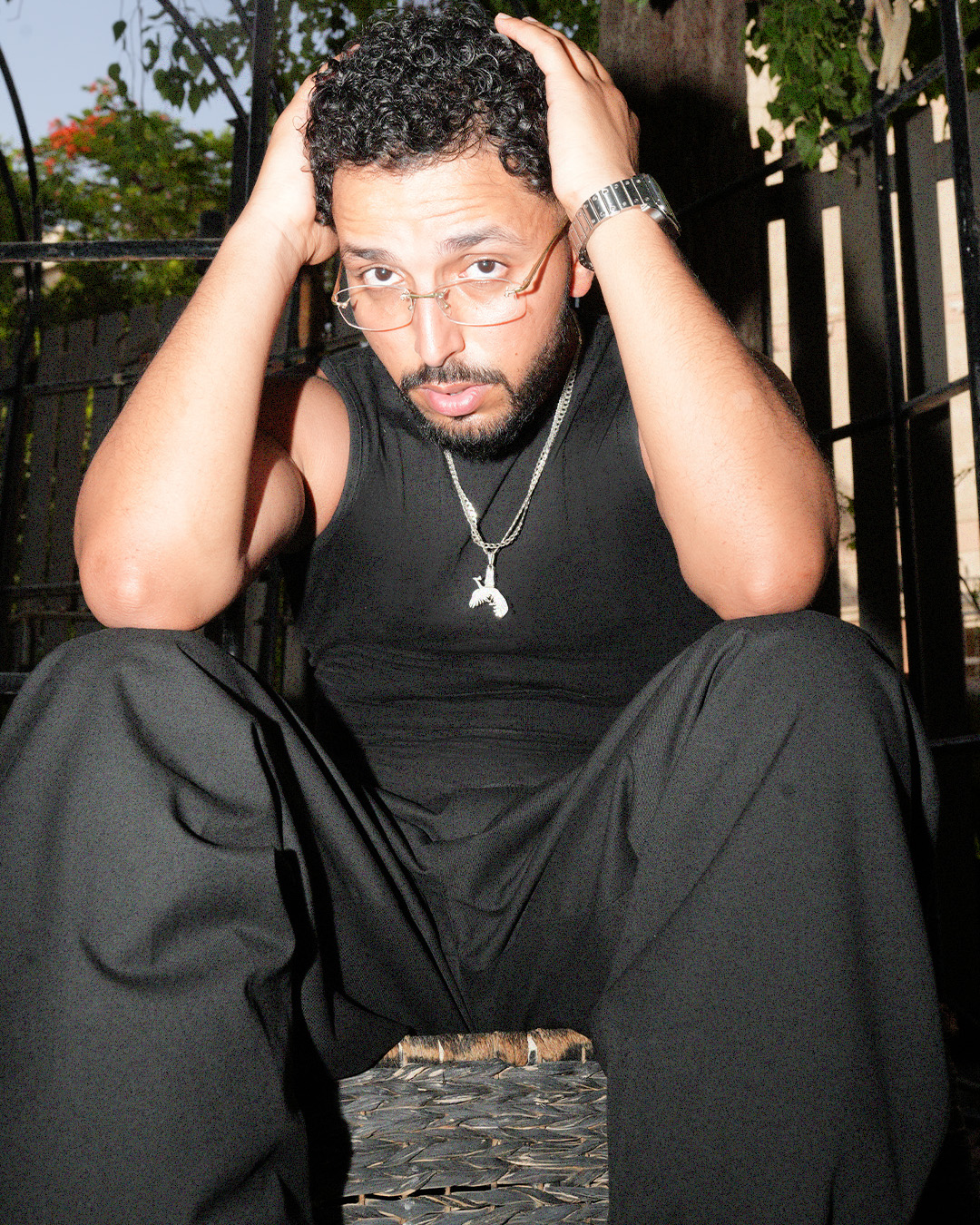
True to that ethos, He resists the industry’s tendency to measure worth in numbers. “My business way of doing business is not to be in the business,” he says, “Everyone is like a number guy–did the post go viral? Did we do well? Do we have likes and streams? But that’s not happiness. That’s not how music should go,” he explains. Instead, he chases a certain feeling, one he couldn’t describe, but through complex metaphors. “Whenever I start doing this Moroccan beat, I just feel like a kid on a skateboard, closing his eyes and just moving. I see making music as like going on a surfboard and surfing a wave. You can have the best surf guy and the best wave, but if your board has a hole in it, you’re not going anywhere. For me, the board is the beat.”
In 2023 came his first independent release, ‘Zahri’, on his own record label SAWT–an acronym for (Such a Wonderful Time), but also translates to ‘Voice’ in English–which catapulted him to the top charts across the region, including his homeland, Morocco. Afterwards, Tawsen reemerged with ‘Ne3ne3 Radio’, a five-track project named after mint tea, which he referred to as Morocco’s ubiquitous ritual. It was both an inside joke and a signal of his intent to make his most Moroccan work yet. And he did. Right after, fans started affectionately calling him ‘Ne3ne3 Daddy’, finding him more grounded and more certain of his identity.
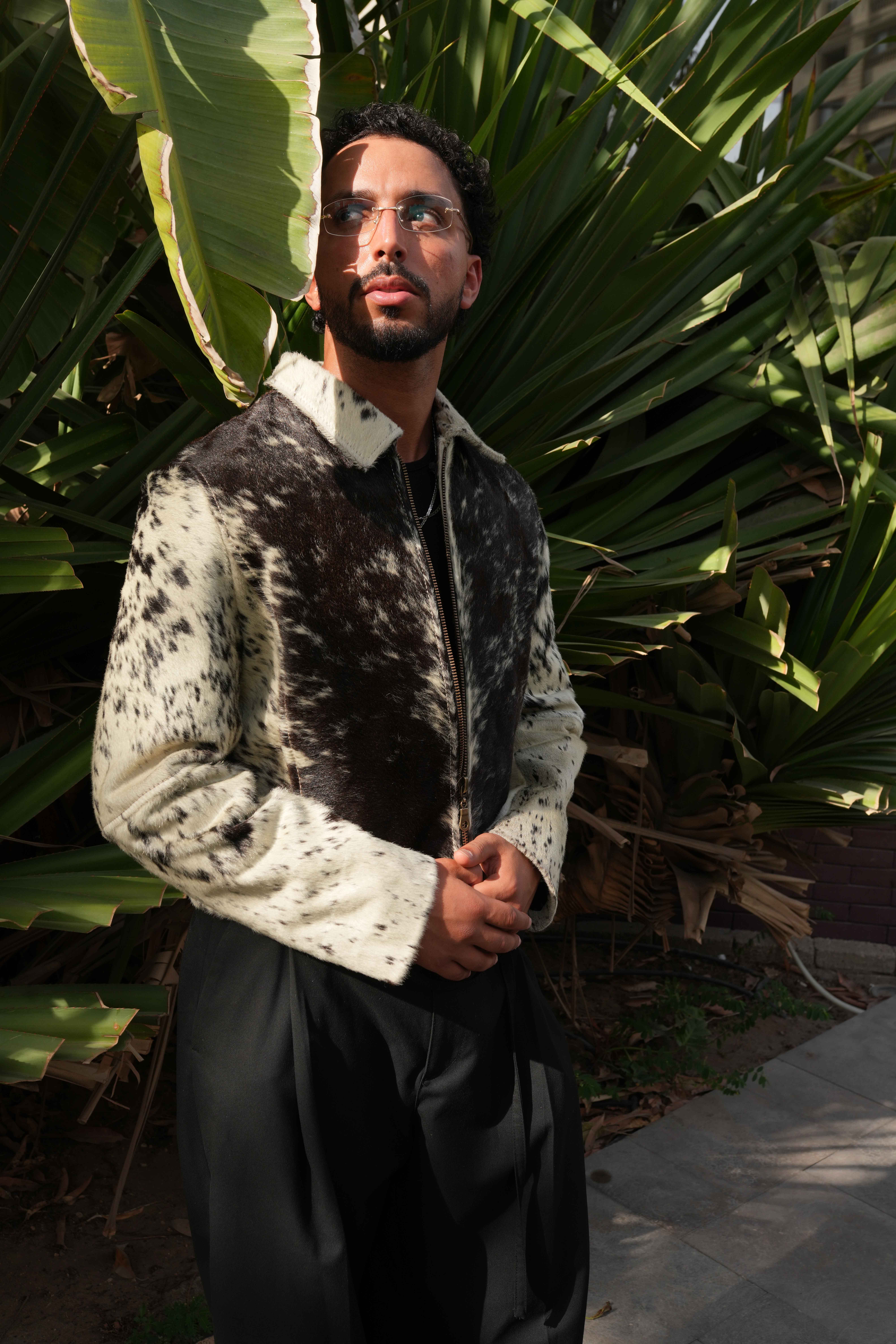
But his refusal to play by the industry’s rules shaped his most recent chapter. A new album that is shaping up to be his most defining chapter since his comeback. “For this album, I just wanted to stop changing styles and stop trying to be someone else..to please the music industry,” he says. “Just do something that, first of all, I love, and the fans crave and love.”
The visuals for the album mirrored that same passion and the intent with which the record was made. His videos are set against the Moroccan desert, rooftops, and alleyways, creating a framework that serves as a proactive dialogue between heritage and reinvention. But looking at the music scene in the region, Tawsen is hardly the first artist to fuse diasporic influences with pop. Yet, what makes him compelling is the clarity with which he places his homeland, Morocco, at the center of his vision. A foundation upon which he builds his musical world.
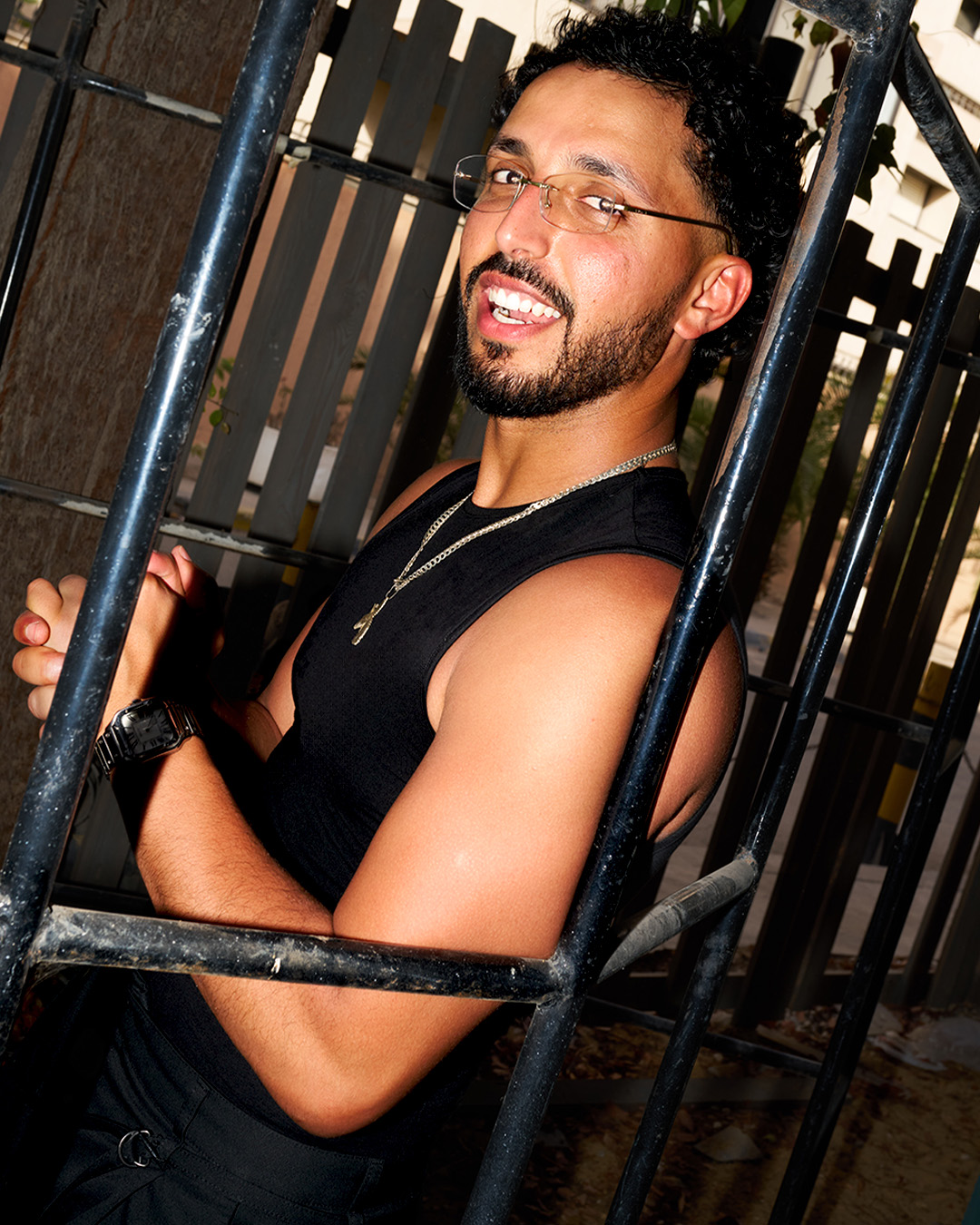
“I really think that the music scene in Morocco is the future because they’re popping,” he says. “I just hope that the industry will follow and that these guys can live from their work and art.”
With all that, at 28, Tawsen is still in the thick of building. He has hundreds of thousands of monthly listeners, a growing list of collaborators, the likes of Bayou, ElGrandeToto, Draganov, Franglish and JeanJess, and a devoted fanbase across North Africa and Europe. But he speaks less like someone tallying milestones and more like an artist still defining what success looks like, and enjoying the process of it all.
Produced by: Scene Noise | Mo4 Network
SceneNoise Acting Editor-in-Chief: Timmy Mowafi
Photographer: Faris Zaitoon
Videographer: Felo Alexander
Producer: Hesham Baghdady
Words: Riham Issa
Interview: Engy Hashem
Video Editor: Roqiaa Hazem
Editorial Design: Noha El Sawi
Key Crew - Eslam Ahmed, Mahmoud Gehad, Mazen Mohamed
- Previous Article Dubai RTA Offers Commuters Metro-Shaped Igloo Popsicles
- Next Article Inside Egypt’s Seven UNESCO World Heritage Sites
Trending This Week
-
Feb 16, 2026







